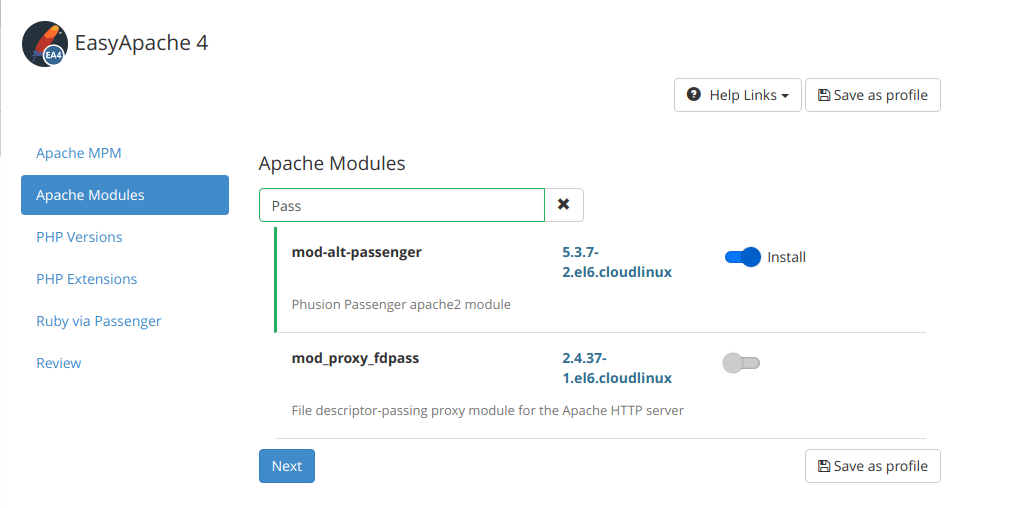

Node.js applications are written in JavaScript and can be run within the Node.js runtime on OS X, Microsoft Windows, and Linux. Paste the following code and save the new file. Installing NodeJS via Softaculous in cPanel: Node.js is an open-source, cross-platform runtime environment for developing server-side and networking applications. Recently cPanel introduces support with the release of version v80. cPanel had no support for NodeJS in its previous versions. It is a JavaScript runtime built on Chrome’s V8 JavaScript engine which uses JavaScript on the server. cPanel expects the application’s entry point to be called app.js, so it’s best to stick with the standard naming convention unless you have a good reason to change it. NodeJS is an open-source and cross-platform server environment. Create a file called app.js in this directory with your preferred text editor. This is where your app’s code files will live. You can call the directory anything you want. Log in with SSH as a cPanel user and create a new directory in their home directory. However, to illustrate the process, we’ll create a simple single-file application. Users of the Git™ version control system could clone a repository with its command-line client or cPanel’s Git Version Control interface.
Node js cpanel install#
We’ll look at registering an application in the next section, but first we need to install it on the server. Hosting applications with cPanel is a two-step process: Creating an Application in the cPanel Application Manager You will need to log in as root with SSH to install the software: yum install ea-ruby24-mod_passenger ea-apache24-mod_env ea-nodejs10Īpplication Manager is now available in user cPanel accounts and ready to host Node.js applications.
Node js cpanel software#
Next, we’ll install the software that allows cPanel to run and manage Node.js applications, including the mod_passenger app server and EasyApache4’s Node environment. If it isn’t, click the adjacent box and then Save at the bottom of the page.

Open Feature Manager, which is under Packages in the WHM sidebar menu.Ĭlick the Edit button under Manage Feature List with the Default list selected in the dropdown menu.Įnter Application Manager in the search field, and verify that its entry in the feature list is checked.

We’ll use WHM’s Feature Manager to turn on Application Manager. To offer this feature to hosting users, server administrators should first install a handful of support packages and ensure that Application Manager is activated. Getting Started With the cPanel Application ManagerĬPanel users can register Node.js applications and associate them with a domain in Application Manager.
Node js cpanel how to#
In this article, we explain how to activate cPanel’s Application Manager and how to install, register, and manage Node.js applications. However, with cPanel & WHM’s Application Manager, installing JavaScript applications and configuring Node.js environments is a breeze, empowering web hosts to offer intuitive Node.js hosting services with an easy-to-use graphical interface. Node.js hosting was once a complicated business, especially on multi-user web hosting servers.


 0 kommentar(er)
0 kommentar(er)
